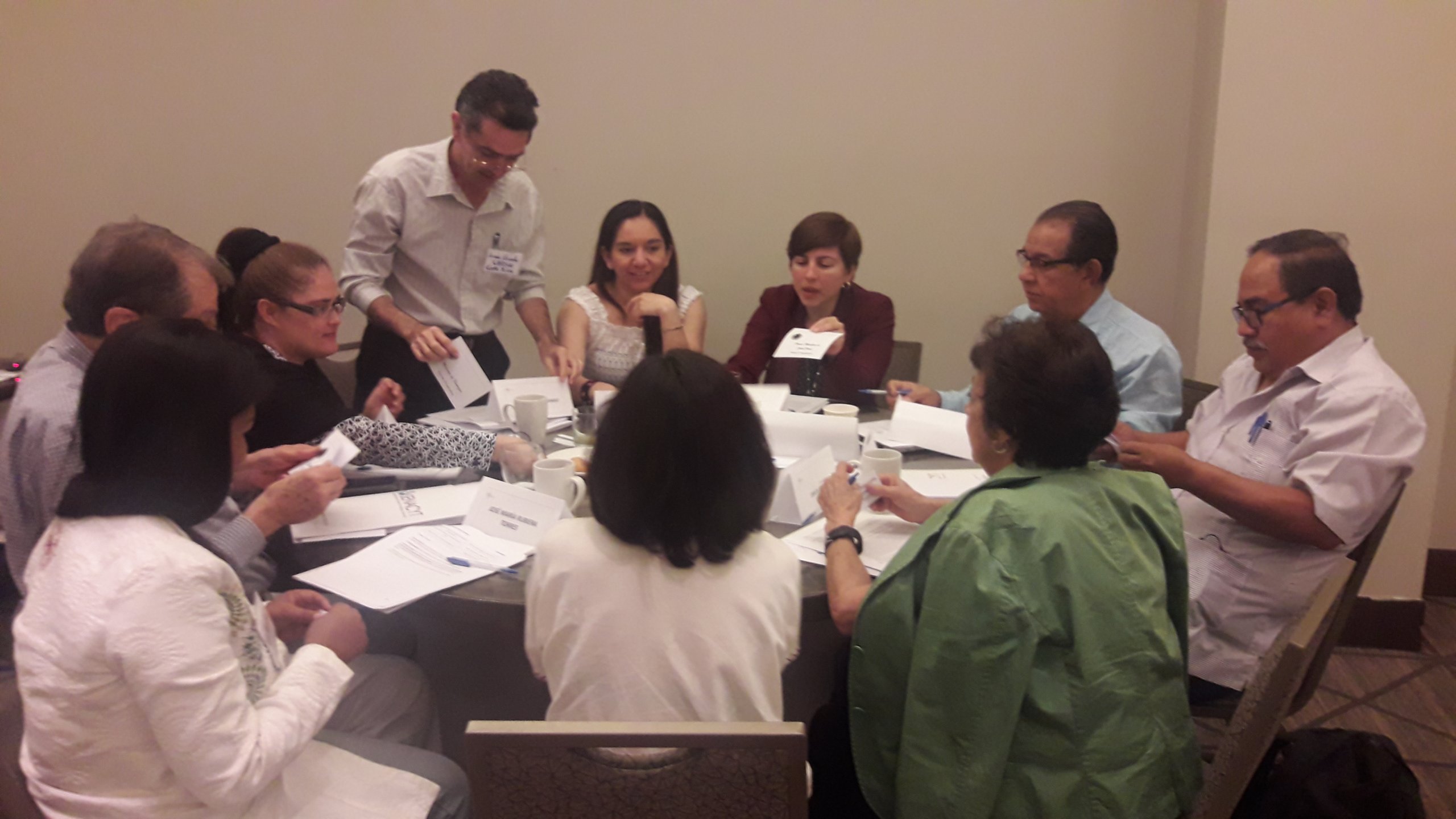In the frame of the CILAC conference, INGSA developed a workshop on SDGs, which took place in Panama City this past October 26th and 27th.

INGSA, in collaboration with the IDRC, UNESCO, INDICASAT , and La Secretaría Nacional de Ciencia, Tecnología e Innovación (SENACYT), ran a Spanish language capacity building workshop In Panama City On October 26th-27th. The workshop had the central theme of “Science Advice and the Sustainable Development Goals”. The meeting, which was organized in the frame of the CILAC Forum ( the Latin America and Caribbean Open Science Forum), had roughly 50 participants in attendance. They discussed several issues related to the topic of ‘Science Advice and the Sustainable Development Goals. Some of the key presentations were: “The Complexity of Science Advice”; “Strengthening the nexus of science, policy and diplomacy to advance the SDGs”; “How can science advice to governments help unlock research for development in the global south”; The challenge of the 2030 agenda for Science for Policy, technology and innovation.The purpose of this workshop was to reach scientists and police practitioners living or working in Latin America to enhance their ability to provide science advice for policymaking at all levels of government. The workshop had a wide representation from different countries including Mexico, Chile, Argentina, Costa Rica, El Salvador, Guatemala, Honduras, Nicaragua, Cuba, Canada and New Zealand.
Key partners that made this workshop a reality were the International Development Research Centre (IDRC); The United Nations Educational, Scientific and Cultural Organization (UNESCO) The Institute for Scientific Research and High Technology Services of Panama (INDICASAT) and La Secretaría Nacional de Ciencia, Tecnología e Innovación (SENACYT).
The ISC ROLAC Secretariat was represented by the participation of its regional director, Dr. Manuel Limonta; Dr. Carlos Abeledo, Chair of the INGSA LAC chapter; Carlos Olavarria, INGSA LAC steering committee member; MA. Oscar Reyes, INGSA LAC Regional Program Officer; and many more prominent scientists and stakeholders of the region.